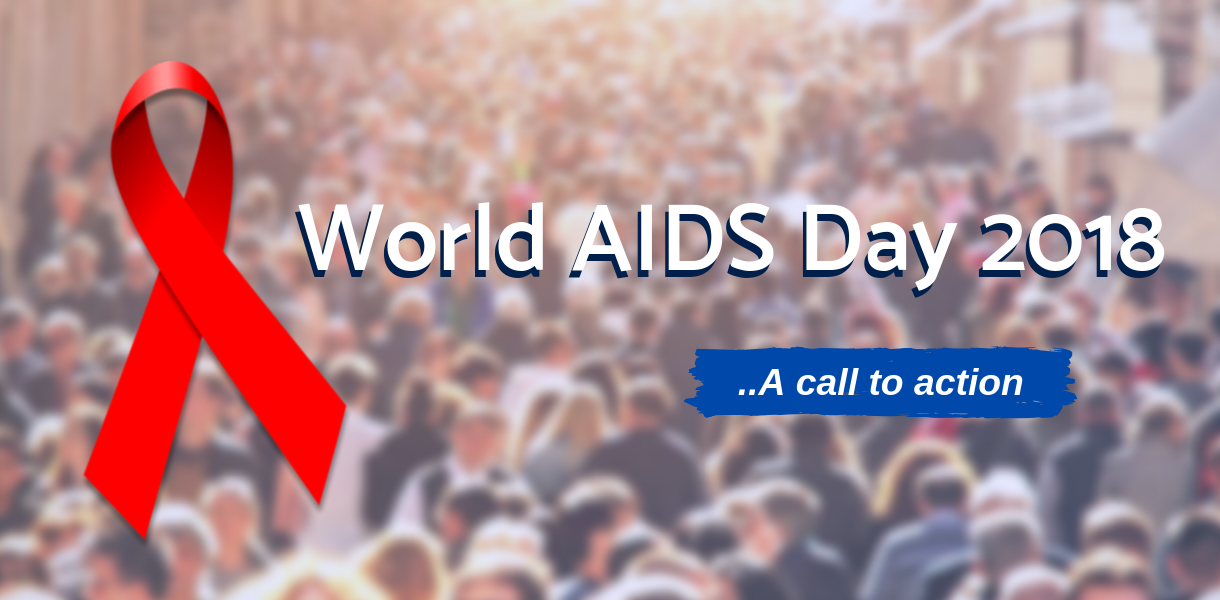A message from CHIPTS
The past year has brought great excitement and hope for the end of the AIDS epidemic in our lifetimes. Global HIV incidence is declining with improvements in ART scale-up, exciting progress to the prevention and treatment cascade metrics, and deployment of PrEP in targeted most-at-risk populations. However, we must not be complacent, as these benefits are not shared equally by all. There is still much more work to be done.
There is an ongoing HIV outbreak occurring among people who use injection drugs in the U.S. The HIV outbreak in Scott County Indiana in 2015 that was linked to sharing injection equipment was not a chance convergence of unique circumstances in a rural part of the country. Instead it was a sentinel event followed by several HIV outbreaks among people who use injection drugs – often opioids. Sadly, a common thread among these outbreaks is that they all occurred in jurisdictions where policymakers (and the citizens they serve) have chosen to limit or to prevent needle and syringe exchange, to not facilitate access to HIV care, and to discourage access to opioid substitution therapy.
We, as citizens and curators of the public health mission, must cry out that this is unacceptable. We know well what is needed to prevent HIV transmissions among people who use injection drugs in the U.S. and globally. We must demand for focused resources and effective policies that support consistent and simultaneous (1) access to sterile injection equipment, (2) access to antiretroviral therapies and (3) access to opioid substitution therapy. Research evidence has shown that these interventions virtually eliminate HIV transmission by:
- Preventing the sharing of injection equipment
- Reducing viremia among people living with HIV/AIDS to transmit HIV to others, and
- Preventing behaviors motivated by opioid withdrawal and other drug-related factors
On this World AIDS Day, it becomes ever clearer that HIV prevention is less underpinned by scientific discoveries than by political will. We must demand for policies that will ensure sustained and equitable access to effective methods to prevent new HIV transmissions. We can, and we must do this for ALL of us – especially for those who face addiction, stigma, discrimination, homelessness, and poverty. Let us enter the new year galvanized, energized, and determined to contribute to moving the HIV incidence needle in Los Angeles, nationally and globally – for ALL.

